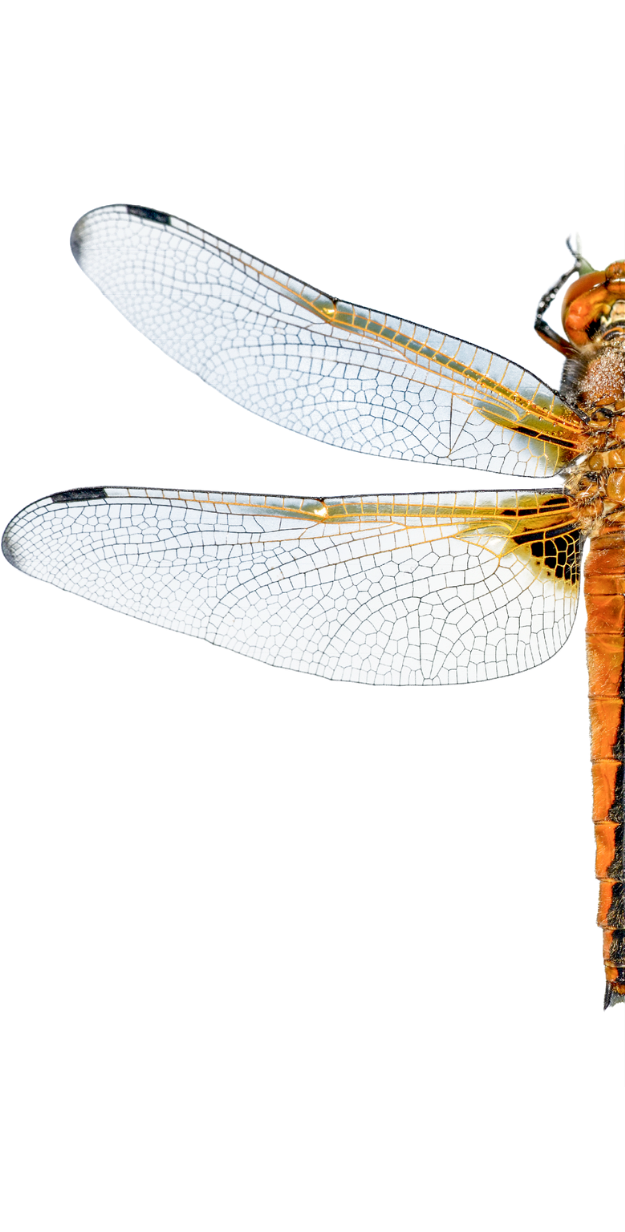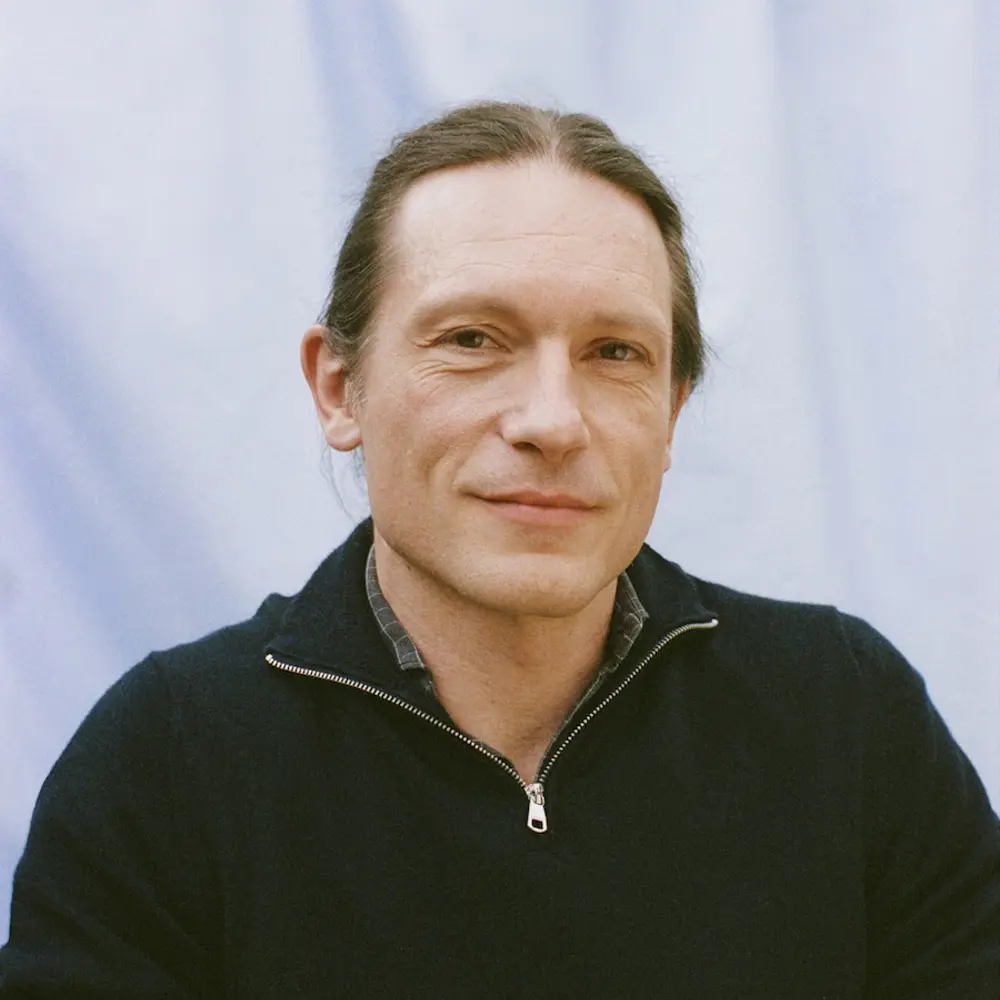Genetics-based methods for precise interventions against invasive species
Project lead: Luke Alphey, University of York
This project will analyse the potential use of genetics-based methods for managing/removing invasive species from sensitive ecosystems.
A data-driven protocol to detect and integrate specialist pollinators into landscape restoration
Project lead: Nuria Blasco-Lavilla, Independent
This project will develop and test a proof-of-concept protocol to detect specialist pollinator-plant interactions using existing biological datasets and AI-based plant recognition tools.
Understanding resilience for global biodiversity: a text‑mining investigation of national biodiversity strategies and action plans
Project lead: Jay Burns, University of Edinburgh
This project will use AI to analyse how countries define and apply “resilience” in their formal biodiversity plans; it aims to identify global patterns, gaps, and priorities to inform more effective and equitable biodiversity policy and ecosystem management, including to guide future research directions.
Universal method for plant cell regeneration
Project lead: Jonathan Clarke, John Innes Centre
This project will deploy AI based data mining strategies to develop a universal protocol for plant cell regeneration
Engineering ecosystem resilience through the lens of genomic technologies
Project lead: Jose De-Vega, Earlham Institute
This project will explore how advanced genomic approaches, from environmental DNA to synthetic genomes, can be used to better monitor, predict, and actively improve environmental resilience in the face of the rapid decline of biodiversity.
TRACER: Turning Literature into Community-built Ecosystem Resilience (Pilot)
Project lead: Manmohan Dev Sharma, University of Exeter
This project will develop a community-curated Text2Trait platform powered by AI-assisted, Human-in-the-loop Actionable Research and Vocabulary Extraction Technology (HARVEST) for turning scientific literature into actionable insights within a queryable knowledge graph.
Foundational AI to forecast ecosystem resilience
Project lead: Lynn Dicks, University of Cambridge
This project will explore the potential for foundational AI techniques to forecast ecosystem resilience under engineering and related management interventions, in ways that are useful for nature conservation.
Ethics and governance framework for engineering ecosystem resilience
Project lead: Michael Gyapong Akrasi, Independent
This project will develop a practical ethics and governance framework to guide the responsible and equitable use of emerging technologies such as AI, synthetic biology, and robotics in efforts to engineer ecosystem resilience.
Do we really need DNA?
Project lead: Marcus Hicks, Queen Mary University of London
This project will examine the added value and cost-effectiveness that genomic data brings to monitoring ecosystem resilience, in comparison to traditional ecological measurements.
From sanctuary to system: robotics and AI for measuring and expanding pollinator networks
Project lead: Henry Hickson, University of Bristol
This project will conduct a feasibility study on using drones to monitor pollinator networks, aiming to support the creation of pollinator-friendly ecosystems and the recovery of natural pollinator populations
Next generation metacommunity modelling for ecosystem resilience
Project lead: Benjamin Hodgson, University of Leeds
This project will develop a mathematical metacommunity model to enhance our understanding of the mechanisms and strategies which promote ecosystem resilience to environmental change in human-dominated landscapes.
Robotics for invasive species: state-of-the-art mapping and workshop series
Project lead: George Jackson-Mills, University of Leeds
This project will deliver a focused workshop series that unites leading roboticists and ecologists to explore bold, high-risk, high-reward opportunities for tackling invasive species management with robotics.
Towards multi-modal ecosystem modelling
Project lead: Oisin Mac Aodha, University of Edinburgh
This project will advocate for investigating a new generation of computational methods that leverage multi-modal data to provide more granular insights into different ecosystems and the species contained within them.
The role of individual variation in population and ecosystem resilience
Project lead: Daniel Nussey, University of Edinburgh
This project will review how individuals are known to vary in their ability to respond to environmental cues and to resist or recover from environmental challenges in natural populations, and consider how this individual level variation might shape population and ecosystem resilience.
Risk, uncertainty and ecosystem resilience
Project lead: Michael O'Connor, Independent
This project will investigate models of risk and uncertainty across a range of fields, focusing on how they influence the way we (mis)value ecosystems, and looking towards potential applications to the insurance industry.
Addressing nature-related risks to engineer ecosystem resilience
Project lead: Tom Oliver, University of Reading
This project will test and refine a new framework for screening different solutions to the nature crisis; we’ll take a systems approach to assessing risk mitigation and adaptation, as well as identifying potential negative side-effects, trade-offs and co-benefits.
Engineering methane cycling in trees for climate and ecosystem resilience
Project lead: Sunitha Pangala, Imperial College London
This project tests whether tree methane cycling is an engineerable resilience trait and delivers a validated woody-tissue methods kit and a deployable genome-to-trait pipeline, laying the groundwork for future augmentation of methanotrophic communities.
Predicting changes in ecosystem dynamics
Project lead: Nathalie Pettorelli, Institute of Zoology
This project will review attempts to model complex biological systems, and assess (i) their ability to simulate ecosystems that give rise to known emergent properties and obey known ecological principles; (ii) their reliance on metrics that can be easily derived from freely available data; and (iii) their potential to yield AI breakthroughs.
Forecasting biodiversity and ecosystem resilience to inform and assess interventions
Project lead: Eric Postma, University of Exeter
This project will review the forecasting literature and identify the key players in the UK’s forecasting landscape to inform the development of a multidisciplinary ecosystem forecasting framework aimed at developing, monitoring and assessing large-scale ecosystem interventions.
Landscape Engineering for Biodiversity Resilience Applications (LEBRA)
Project lead: Axel Rossberg, Queen Mary University of London
This project will provide the theoretical foundation for a new landscape biodiversity engineering tool powered by computationally efficient modelling rooted in first ecological principles.
Socio-technical engineering for ecosystem resilience
Project lead: Lindsay Stringer, University of York
This project will deliver a socially responsible framework for engineering ecosystem resilience, applicable across a range of innovations, integrating diverse knowledge and stakeholder perspectives.
Integrating biodiversity monitoring with metrics of ecosystem resilience
Project lead: Joseph Tobias, Imperial College London
This project will focus on streamlining integration between advanced biodiversity monitoring technologies and predictive ecosystem models and metrics with improved capacity to monitor ecosystem risks and identify appropriate interventions.





